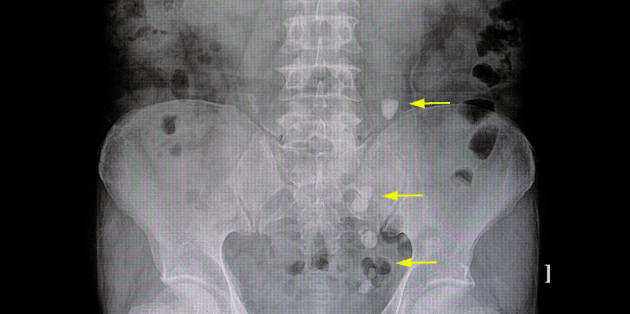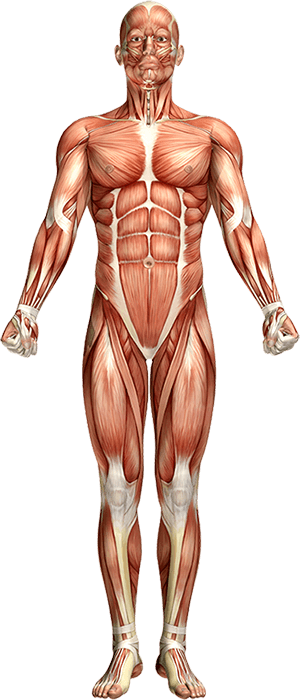KIDNEY STONES
Nephrolithiasis (nephro=kidney, lithos=stone) or kidney stone is one of the common ailments affecting Kidney and urinary tract. It is believed that 1 out of 10 individuals are affected by these stones or calculi (sing. Calculus=pebble). The stones vary in size in different individuals and may be single or multiple. A small stone may pass through the urinary tract asymptomatically but a stone larger than 5mm cause severe pain in the lower back associated with hematuria (blood in urine), dysuria (painful urination) and vomiting in some. Most of the stones The majority of stones are composed of Calcium oxalate, while some may be made of Uric acid, struvite or cystine.
Mechanism and Causes:
It is believed that stones are formed because of the super saturation of urine. The kidney has the vital function of filtering out all nitrogenous wastes from our body. The entire liquid part of the blood along with minerals present in the blood is filtered during ultrafiltration in kidney tubules. When the solute or the mineral concentration increases they crystallize out. To inhibit this they are natural inhibitors in our body but in case they fail, these solutes can crystallize out leading to stone formation.

The risk factors for stone formation are:
- Dietary – a diet rich in animal protein, sugars, salt, fruits and juices like apple, and grapefruits increase the risk of renal stones. Chocolates, some nuts, few vegetables like spinach (palak), beetroot, and potato chips are found to be rich in Oxalate. Increased intake of these substances can cause stones
- Metabolic – disorders like hyperparathyroidism (increased secretion of Parathyroid gland), gout, primary hyperoxaluria, distal renal tubular acidosis
- Dehydration – or insufficient water in the body due to poor intake or any other condition
- The increased amount of Vitamin D
- Chronic inflammatory diseases like Crohn’s disease
- High intake of fluoridated tap water
- Hereditary- a positive family history seems to increase the risk of renal stones significantly
- Obesity
- Certain medications like calcium based antacids, diuretics, glucocorticoids etc.
- Urinary tract infections
Symptoms
Symptoms depend on the size and position of the stone. Small stones may pass out without any difficulty through urinary tract, as the size increases it can lead to discomfort and other complications. The symptoms of kidney stones include:
- Excruciating pain in lower back intermittently
- Radiating pain from lower flank to groin region
- Pain while urinating
- Blood in urine or hematuria
- Nausea and vomiting
- The constant urge for urination
- Burning sensation while urinating
- Fever with chills in case of infection
It has to be remembered that while renal stones are not necessarily life threatening, they may cause obstruction when stuck in the urinary tract and can lead to serious complications like Hydronephrosis and chronic kidney infections.
HOMEOPATHY TREATMENT FOR KIDNEY STONES:
Homeopathy treatment is a safe and effective method of treating renal stones and it’s complications without the necessity of any surgical interventions. It’s highly dynamic and potent medications, selected on individual physical, mental and emotional symptoms not only facilitate the removal of stone naturally but also go to the root of the disease to prevent a recurrence. The highly experienced doctors at Dr.Care homeopathy have dealt successfully with many cases of renal stones and cured them.
For more about the treatments and services offered by Dr. Care Homeopathy Call Us @ 07337557853.


